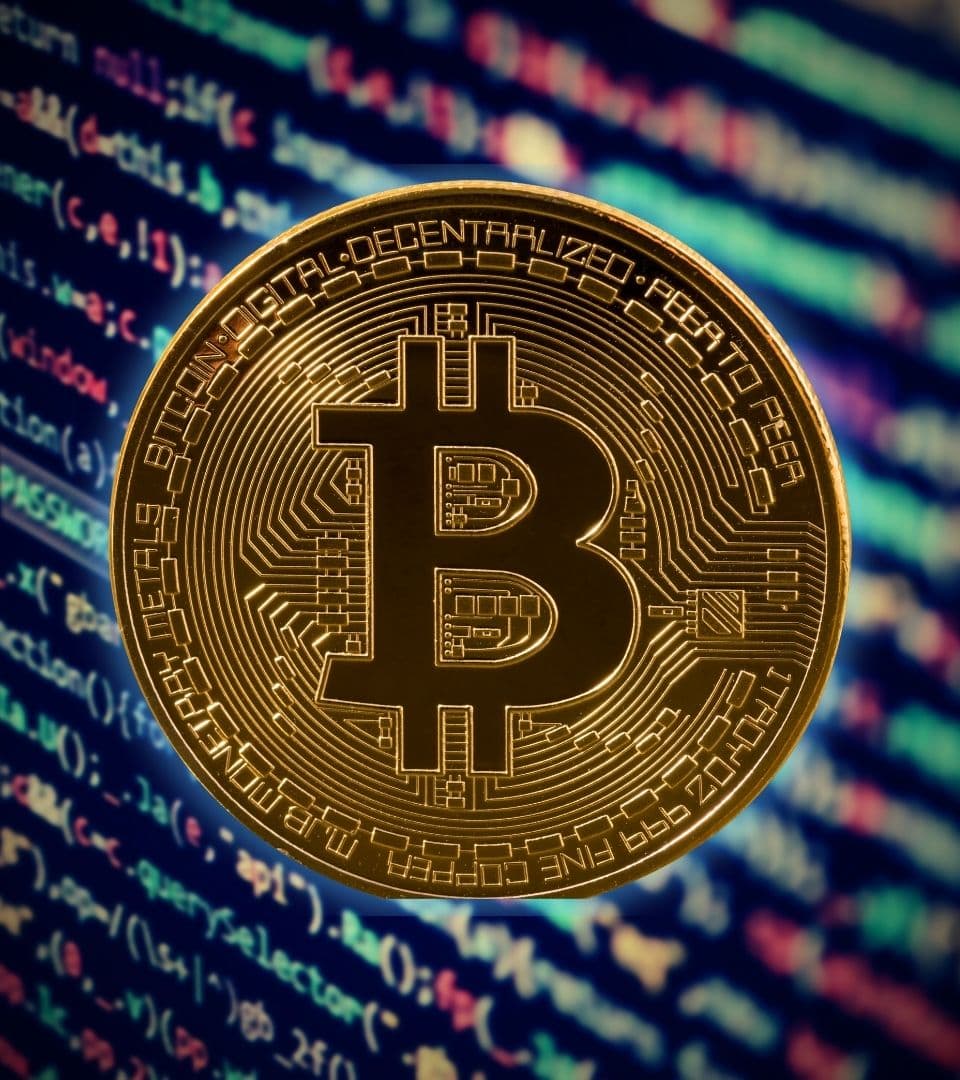In July 2020, in the midst of the health crisis, Chilean entrepreneur David Bravo was left literally with only the shirt on his back. From one minute to the next, he was forced to leave Florianópolis (Brazil), where he lived with his wife and four of his daughters, and return to his parents’ house in Santiago. Bravo, who for years had been researching a cure for chronic pain, had partnered with two Brazilian companies, whose owners abruptly fired him by e-mail. In a couple of terse lines they told him that all the advances that had been made, which to that point were substantial, were now their property, and if he didn’t like it he could sue them. He was completely flabergasted. First, because he was not sufficiently covered under the contracts, and second because he was living in a foreign country. He had no recourse but to leave and try to start all over again.
Entirely broke. When he arrived at his parents’ home, he was joined by his fifth daughter, the eldest, who had stayed behind in Chile for her studies. Bravo, a kinesiologist by profession and Ph.D. in Neurosciences from USACH, could not let himself become depressed. He had quite a large family to support. With the help of his thesis advisor, Luis Constandil, he was able to land a position as Lab Manager at the USACH School of Chemistry and Biology. “With that job, plus my wife’s pension fund withdrawals and my own, we managed to scrape by for a while,” Bravo recounts. So, even though academia had welcomed him, he felt the need to continue with his research and quickly get back into the entrepreneurial ecosystem.
Bulletproof resilience. While looking for a job, the other thing he did was contact The Ganesha Lab, a biotech startup accelerator, for the second time in his life. “I returned from Brazil and met with them again, I told them that I had been swindled, that I had no other projects on my plate and needed support and money. They proposed I enter the Johnson & Johnson competition with their backing and noted there would be pharmaceutical companies, biotechs, important people watching; ‘let’s make sure they choose you. If you can manage to convince them, we can help you.’ And so, I did. There were 80 companies, and I went through four rounds of talks and selection. I remember writing the pitch. I had just gotten off the plane, was terribly sad, in quarantine, terrified, no job, no nothing, and I wrote it sitting on the stairs of my parent’s home, with the laptop on my legs, and freezing to death. I was one of the five chosen to join the program,” he told Tekios magazine. Upon being chosen, he founded Pannex Therapeutics and became its CEO.
The breakthrough discovery. Pannex Therapeutics’ breakthrough is that it uses computational strategies to design and create new molecules to block the pannexin 1 protein. “It is a protein present in the brain that is activated by very intense pain and is responsible for the transmission of chronic pain from the body to the brain,” Bravo explained to Diario Sustentable. This Chilean entrepreneur’s scientific breakthrough to block chronic pain has brought him to the attention of investors worldwide.
In IndieBio’s sights. After being chosen as a winner at The Ganesha Lab event, Bravo got access to mentoring programs and won a trip to the United States to experience the entrepreneurship ecosystem in Boston. But it goes beyond that. IndieBio, the world’s leading biotech accelerator, known for taking Chilean companies such as NotCo and Protera to the next level, took note of the Chilean’s pitch and added his company to its four-month scaling program at Rockefeller University in New York. “What they liked was my story of failure and that I was still able to be entrepreneurial again. That I took off my lab coat and got back on my feet to realize my dream,” says Bravo, who in a few months will be packing his bags to move to New York with his family. Also, with IndieBio’s support, he has opened a branch of his company in the United States. “Another thing they really liked was that between my pitch in 2020 and the time they contacted me in 2021, I had managed to raise US$300,000 after starting from scratch,” he says. What the accelerator is looking to do is to scale his company and continue to raise more capital, which is very difficult to do in Chile given the size of the market.
Next steps. In the United States, where opiods are prescribed as analgesics to relieve pain, a person dies every 15 minutes from an opioid overdose. Furethermore, statistics indicate that 1.2 billion people in the world suffer from chronic pain. Bravo’s idea, therefore, is to develop a drug capable of blocking pain, but without the side effects of the opiod remedies prescribed for that purpose, thus avoiding the danger of opioid addiction. It would be the first treatment of its kind in the world. Once this drug is approved by the FDA for human studies, which should be in 2023, the next step will be to sell the license to a pharmaceutical company to market it, thereby improving the quality of life of chronically ill patients and opioid addicts everywhere.


